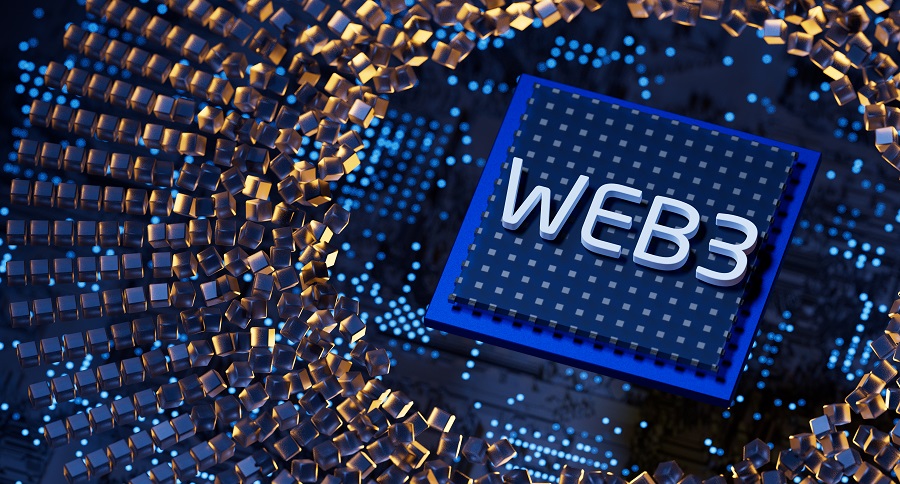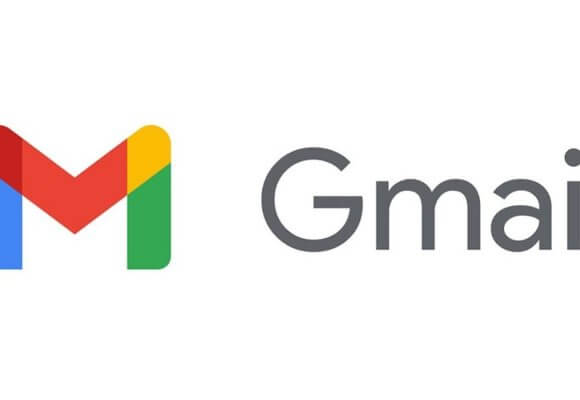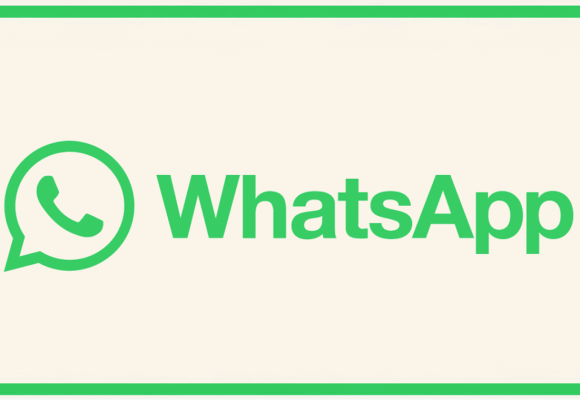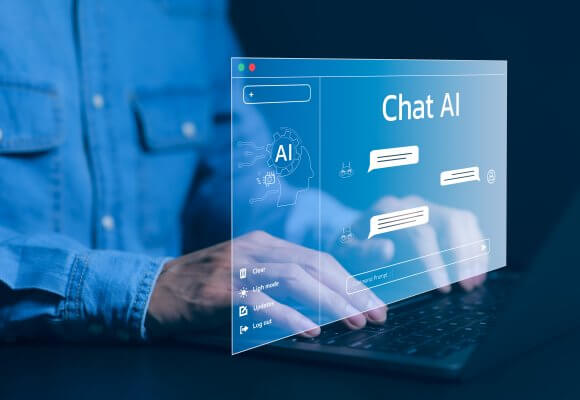|
LISTEN TO THIS THE AFRICANA VOICE ARTICLE NOW
Getting your Trinity Audio player ready...
|
The internet has come a long way since its inception, and with each passing year, new innovations emerge that challenge the status quo. Web3 is one of those innovations, and it’s causing quite a stir. In this article, we’ll explore why the internet is shifting towards Web3 and what it means for businesses and consumers.
Here we go now:
The internet has undergone a significant transformation since its inception. It started as a simple platform for sharing information and has evolved into a complex ecosystem that facilitates communication, commerce, and social interaction. However, despite all the advancements that have been made, the internet is still controlled by a handful of large corporations that have the power to shape the digital world.
Web3 is a new development that seeks to change this by creating a more decentralized internet. It’s a paradigm shift that’s gaining momentum, and it’s causing a lot of excitement in the tech world. In this article, we’ll explore why the internet is shifting towards Web3 and what it means for businesses and consumers.
What is Web3?
Web3 is the next evolution of the internet. It’s a decentralized web that’s built on blockchain technology, and it aims to give users more control over their online experience. Web3 seeks to eliminate the need for intermediaries, such as social media platforms, search engines, and e-commerce sites, and allow users to interact with each other directly.
Web3 is built on three main pillars: decentralization, privacy, and interoperability. Decentralization means that there’s no central authority controlling the network. Privacy means that users can control their personal data and decide who has access to it. Interoperability means that different platforms and applications can work together seamlessly.
Why is the internet shifting towards Web3?
There are several reasons why the internet is shifting towards Web3:
Decentralization: One of the biggest reasons why Web3 is gaining momentum is because it offers a more decentralized internet. This means that there’s no central authority controlling the network, and users can interact with each other directly. This gives users more control over their online experience and helps to eliminate the power imbalance that currently exists.
Privacy: Web3 also offers users more privacy. With Web3, users can control their personal data and decide who has access to it. This is a significant departure from the current model, where large corporations collect vast amounts of user data without users’ explicit consent.
Interoperability: Web3 also offers greater interoperability, which means that different platforms and applications can work together seamlessly. This will make it easier for users to move between platforms and use different services without having to create new accounts or log in repeatedly.
Innovation: Web3 is also driving innovation. Developers are creating new applications and services that are only possible on a decentralized web. This includes decentralized finance (DeFi), non-fungible tokens (NFTs), and decentralized social media platforms.
What does Web3 mean for businesses and consumers?
Web3 has the potential to change the way that businesses and consumers interact online. For businesses, Web3 offers a more level playing field. Small businesses can compete with larger ones on an equal footing, and they don’t have to rely on third-party platforms to reach their customers. This will give businesses more control over their online presence and reduce their dependence on large corporations.
For consumers, Web3 offers more privacy and control over their personal data. They can decide who has access to their data and how it’s used. They can also interact with each other directly, without having to go through intermediaries. This will give consumers more choice and a better online experience.
To wrap things up
Web3 is the future of the internet. It offers a more decentralized, private, and interoperable web that gives users more control over their online experience. With Web3, businesses can compete on a more level playing field, and consumers can enjoy more privacy and choice.
While Web3 is still in its early stages, it’s clear that it’s gaining momentum. Developers are creating new applications and services, and investors are pouring money into the space. As Web3 continues to evolve, we can expect to see even more innovation and disruption.
As businesses and consumers, it’s important to pay attention to the shift towards Web3. By understanding the potential of a decentralized web, we can prepare ourselves for the changes that are coming. Whether we’re building new applications or using existing ones, Web3 is going to have a significant impact on the way that we interact online.
ALSO READ: Next-Generation Web 3.0 and the Internet’s Evolution




























LEAVE A COMMENT
You must be logged in to post a comment.